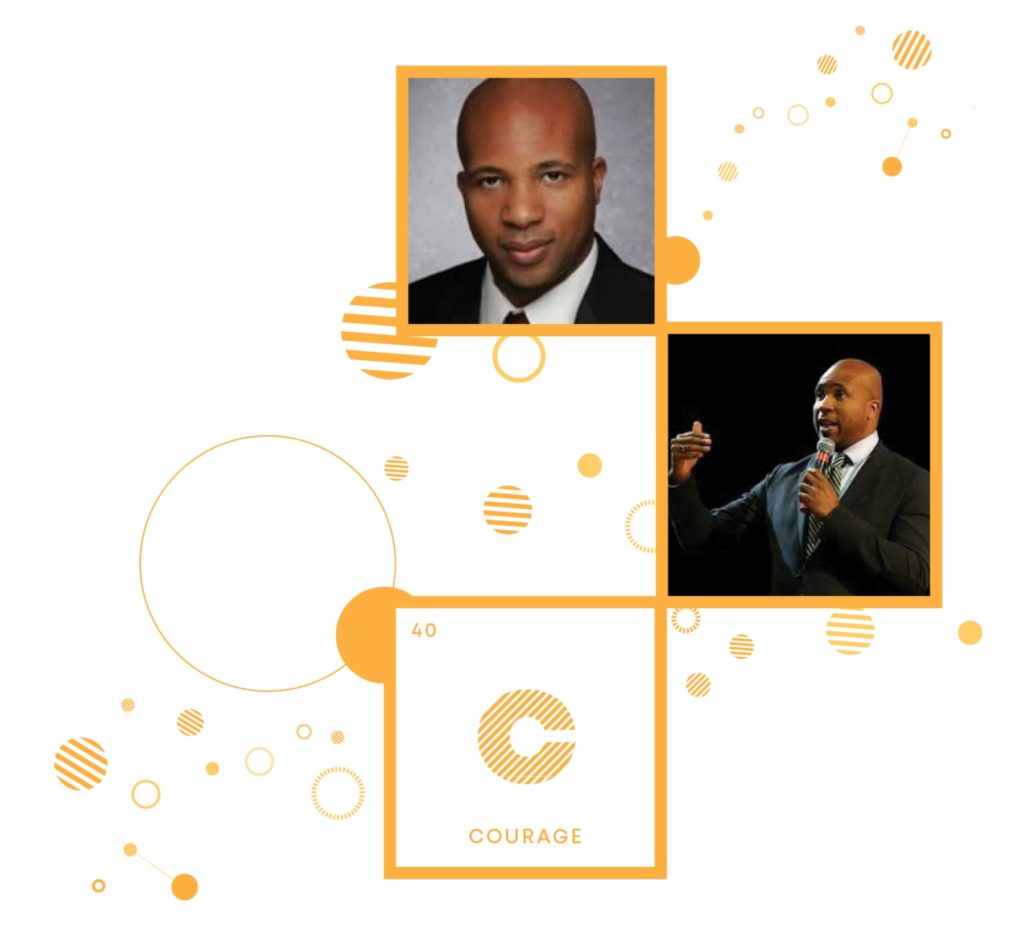 At Turning Point, we have made it a strategic priority to create and foster a diverse, equitable, and inclusive community. We work on this through means such as:
At Turning Point, we have made it a strategic priority to create and foster a diverse, equitable, and inclusive community. We work on this through means such as:
- Educating ourselves through books, articles, and professional development.
- Developing a DEI curriculum scope and sequence, and implementing new literary and social studies units and lessons in grades K-8 as well as an anti-bias focus in our Preschool Division.
- Creating “courageous conversations” protocol with faculty and staff.
- Implementing a restorative justice approach to discipline and capitalizing on the impromptu “teachable moments” that invariably arise.
- Focusing on the individual and myriad ways children learn and process information.
- Embracing best practices in diversity, equity, and inclusion school-wide, from the boardroom to the classroom.
Creating a school culture where we all understand and embrace differences is ongoing work which requires us to first see and acknowledge difference. When we nullify differences in favor of likenesses, the “likeness” is often anchored in culturally dominant norms: white, middle class, heteronormative, able-bodied, Christian. Defaulting to these invisible norms invites “color blindness,” a well-meaning gesture that attempts to find commonality among different groups but instead can further divide us through its use of a single lens to view issues and identity.
This impulse toward “likeness” not only discounts our “identity” differences, but it flattens opportunities to share different communication styles, political opinions, religious thoughts, individual values, and cultural traditions—all of which are so necessary to allow children the opportunity to welcome a future with myriad opportunities.
We often say that teachers and parents have the same job, just different shifts. In the areas of equity and inclusion, we need your partnership more than ever. A recent groundbreaking study by Sesame Workshop and the University of Chicago demonstrates:
“As children grow, building a positive sense of identity—informed in part by social categories like race, gender, religion, social class, and more—is critical to healthy development, and ultimately, to their life outcomes and success. Most often, children learn about and explore their identities through open conversations and experiences with the nurturing adults in their lives.”
Research has conclusively found that children as young as three years old develop ongoing awareness of their own identities relative to the identities of children around them, sometimes leveraging power differentials to name-call and exclude other children based on gender, learning difference, religion, race, and other differences. However, children also have a strong sense of justice, and when we make them aware of identity and difference, they will stand up for what they know is right.
It is up to us adults to create environments where children are treated with respect, allowed to be curious, and appreciated for who they are. When we label children using judgment words (“shy,” “bossy,” “whiny”), dismiss them for having strong feelings about what is important to them, or shame or blame them, children deduce that some people deserve to be called “bad” and then mistreated or judged as inadequate. One antidote to stereotypes and exclusion is to see and care deeply about each child in our community, especially when communication between children themselves breaks down.
Since the research is clear that open discussions and experiences lead to favorable outcomes, it is crucial that as parents we develop the self-awareness and humility necessary to have courageous conversations with our children about these topics. Regardless of where we, as parents, identify in these categories, we must bravely embrace these opportunities to talk candidly and confidently with our children.
Doing so will make us feel vulnerable and uncomfortable. Especially if we identify with a dominant group in any of these identity categories, we may feel defensive or guilty, and we may want to argue or disengage. This is normal and should not discourage us from participating wholeheartedly. In fact, I hope you feel energized by the prospect of creating these spaces for authentic and important conversations with your children. Together, we can develop skills to help us sustain conversations through discomfort, arriving at a place where authentic understanding and meaningful action can occur.
We are so fortunate to continue our work with Dr. Derrick Gay, an internationally recognized consultant to organizations around the world on issues of diversity, inclusion, and global citizenship. For those of you who are new to Turning Point this year, Dr. Gay worked with our administration and faculty, parents, and students throughout the last school year and we are thrilled to welcome him back as our partner in this journey again for the 2019-20 school year.
Over the next few months, Dr. Gay will facilitate a three-part Parent Speaker Series to provide all parents insight into the skills we need to navigate these critical conversations with our children and with each other. All parents, including—and perhaps especially—parents in dominant groups are encouraged to attend, to ensure we are all equally equipped with the skills we need to have these important conversations with our children.
The advantages of diversity are not to be underestimated. Diversity brings a wealth of knowledge, experience, and different perspectives. Those differences can be invaluable for innovation, problem solving, insight, and creativity. By teaching our children to embrace differences, we also better prepare them to be ready, able, and flexible to embrace changes and differences once they enter adulthood.
I very much look forward to engaging in this work with our community as we continue to create a culture at Turning Point that recognizes, respects, and embraces diversity of all kinds.
Warmly,
Laura
Laura Konigsberg
Head of School
lkonigsberg@turningpointschool.org


































